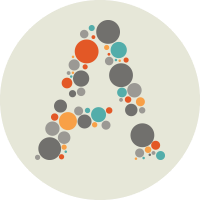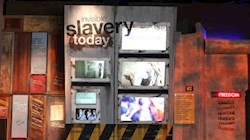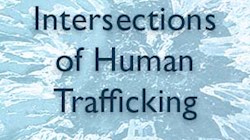Allies Against Slavery
http://www.alliesagainstslavery.org
History
It's one thing to discover slavery exists in the 21st century; it's another thing to discover it exists where you live.
The desire to respond to that reality brought together a small group of citizens in Austin, TX for the first meeting of Allies Against Slavery in 2010. The founding Allies members reflected a diverse cross-section of individuals and organizations from around the city who shared a simple belief, one still central to our work today:
We each have the opportunity to end slavery, and we can do it best by working together.
Our network influence grew by 340% in three short years as a volunteer-led organization. Over 5,500 people were educated through our presentations, trainings, and Free Austin campaign. We organized support for hundreds of local survivors through strong partnerships with groups like the Central Texas Coalition Against Human Trafficking. Along the way, making Austin a slave-free citybecame the rallying cry for the movement.
But our work is far from finished. Slavery in the United States persists. We soon recognized that in order to accomplish our mission and take the next step toward our slave-free city vision, we needed to grow our organizational capacity. So in early 2014, Allies Against Slavery was incorporated as a nonprofit in the state of Texas.
We think it is time for a better approach to disrupt the complex system of slavery. The most comprehensive solutions combine strong cross-sector partnerships and the continued growth of public will to drive lasting social change. Our model does just that. We call it the Slave-Free City Network, and it leverages strategic and grassroots tactics in one powerful collective impact initiative.
The road ahead is long, but the journey is more than worth it. We won't stop until we've reached our audacious goal of making Austin - and other cities and communities across the country - slave-free.
Mission
Allies Against Slavery develops community networks that build slave-free cities.
Working to that end, we:
- Engage and mobilize the community through advocacy, education and activism initiatives
- Support and empower local survivors of human trafficking alongside our partners
- Coordinate the Slave-Free City Network











